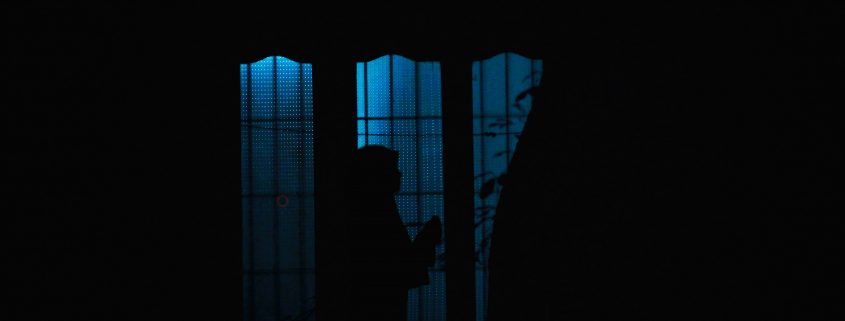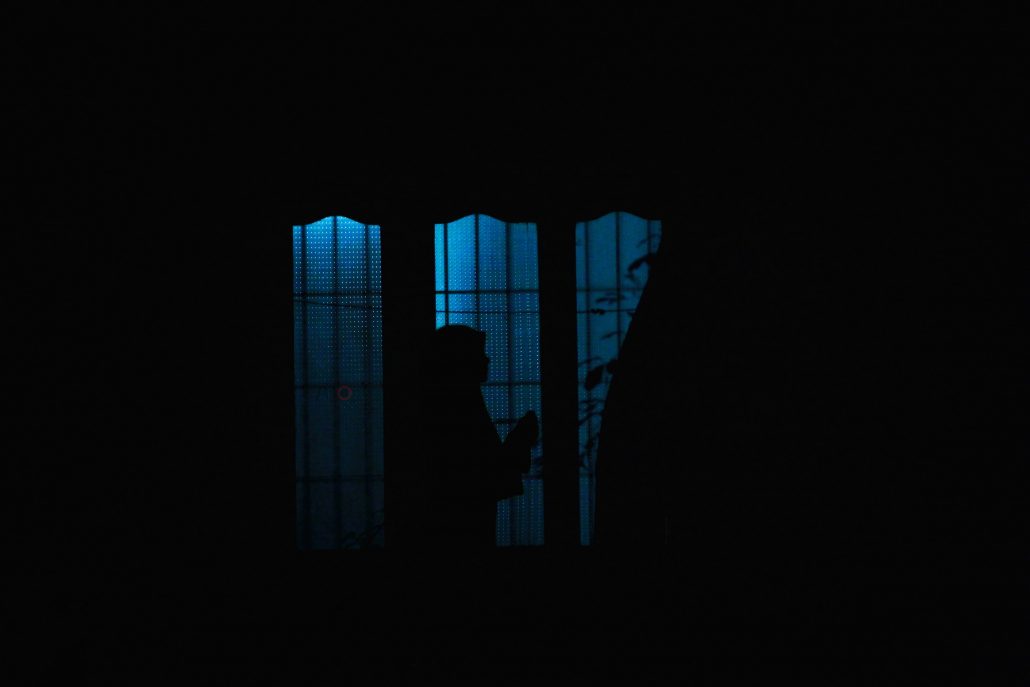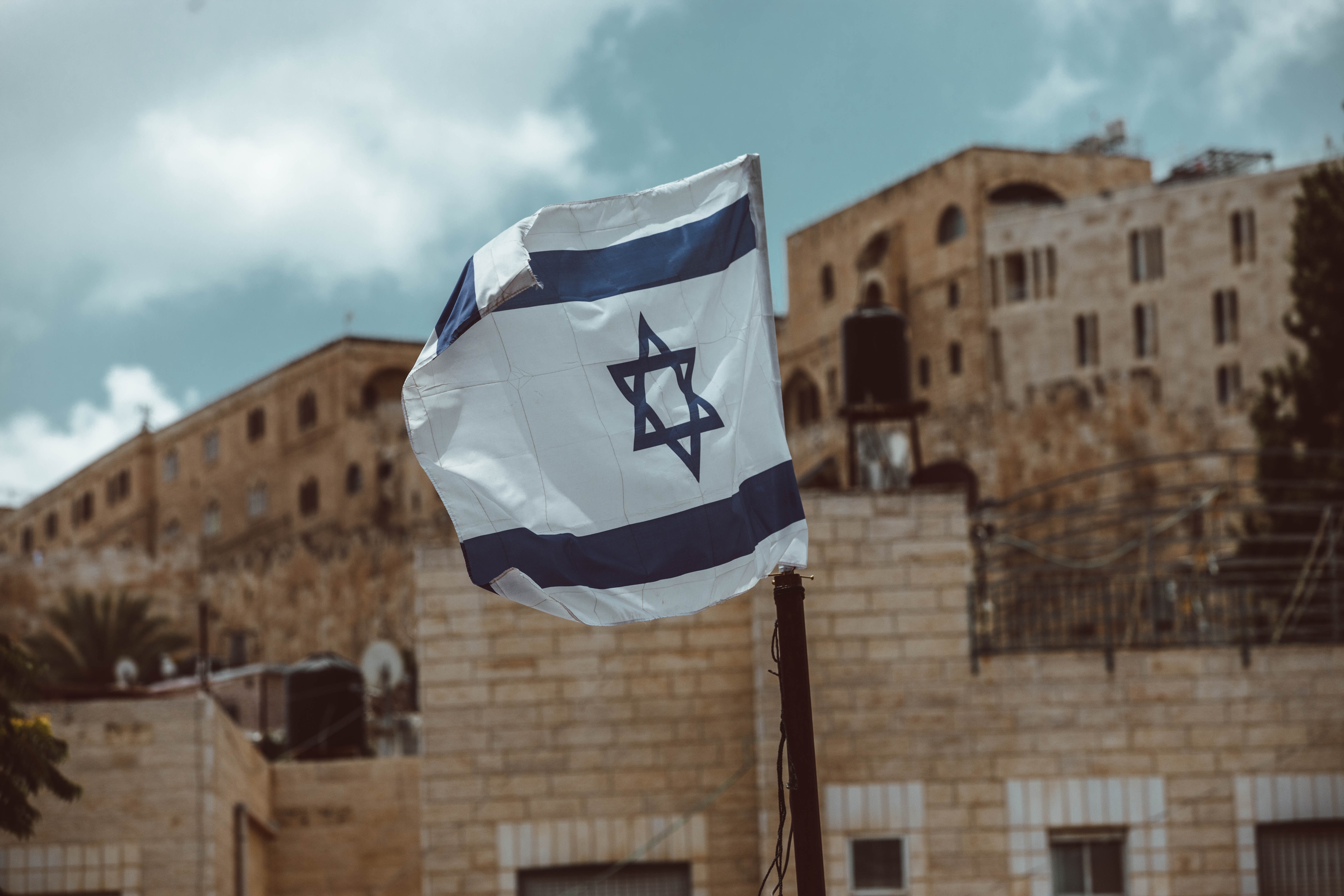Itikaf: Once in a Lifetime Opportunity to Remind Oneself of One’s Reality
by Dr. Aslam Abdullah
Itikaf means withholding oneself from the regular exercise of freedom of action in the disposal, or management, of affairs. When a person secludes himself or herself in a place of worship and performs a particular sort of religious service with the observance of a certain condition for 24 hours including prayers and religious meditation and reflection without leaving the premises except for human necessity, he or she is considered to be in a state of Itikaf.
People in a state of Itikaf spend time in seclusion to reflect and ponder over their purpose in life to achieve a higher stage of spirituality. Through their contemplation and reflection on the purpose of their existence, they believe that they may offer new and better perspectives to them and their fellow humans.
The Quran uses the word Aakifeen (people who are in a state of meditation and prayers) in three different verses
“AND LO! We made the House of Worship a goal to which people might repair again and again, and a sanctuary: take then, the place whereon Abraham once stood as your place of prayer.” And thus did We command Abraham and Ishmael: “Purify My House for those who will walk around it, and those who will abide near it in meditation, and those who will bow down and prostrate themselves [in prayer].”
[But] they answered: “By no means shall we cease to worship it until Moses comes back to us!” 2(0:91) They answered: We worship idols, and we remain ever devoted to them.” (26:71)
In the first verse, Akafeen is about those who would abide near the station of Abraham in the Kaaba. In the second verse, it refers to worshipers in general and in the third verse it refers to devotees to idols.
Much of our understanding of Itikaf comes from Hadith literature.
Muslims institutionalized I’tikaf in the month of fasting through the practice of Prophet Muhammad. It is a communal obligation, and it means that if the only one person observes it in a locality, it would be regarded as an obligation fulfilled on behalf of all.
The fasting was declared obligatory for the ninth month of the Islamic lunar calendar in the second year of Prophet’s migration to Medina or in the fifteenth year of his Prophetic mission. Except for the first year of fasting, the Prophet is reported to have observed i’tikaf as long as he lived. That means he observed Itikaf in seven Ramadan. He made Itikaf for 10 days for six years and in the seventh, he prolonged it for 20 days.
He was not the only one in a state of Itikaf. His closest companions and others also joined him. His wives also observed this practice during his lifetime and after him as well.
Itikaf is performed by those who are fasting. Both men and women did their I’tikaf during the time of the Prophet. At Prophet’s mosque, special arrangements were made for women following this practice of the Prophet.
During the Itikaf a person doing itikaf should spend the night only in the mosque where he/she is doing itikaf, except if the tent is in one of the courtyards of the mosque. If the masjid does not have toilet facilities than the person doing itikaf can go home to relieve.
The person who wants to have itikaf should enter the masjid before the sunset with a clear intention. During his stay, his focus should not be his family, business or work. However, he can delegate others to take care of these matters in his absence. If due to some unavoidable situation one has to abandon the i’tikaf for intended days, he or she has to complete it later. Itikaf is an act of ibada (worship) and it must be performed with full sincerity and intensity.
Imam Malik said: “A person doing itikaf is not doing itikaf until he avoids what someone doing itikaf should avoid, namely, visiting the sick, praying over the dead, and entering houses, except to relieve himself.”
The best practice is to absorb oneself in prayers and recitation of the Quran reflecting on its meaning and relevance in one’s life. The prophet in addition to doing this would also use the opportunity to reflect on the condition of Muslims and would discuss strategies with his companions to improve the quality of spiritual and social life. Four things are proven from the practice of the Prophet during itikaf.
Consuming less food
Sleeping less number of hours
Lesser engagement in conversation.
Lesser social interaction.
Instead, he would focus on the following five acts
Prayers
Quranic recitation of the passages that were revealed until then
Deeper reflections on the divine guidance of the existence of life
Quietly helping others observing the i’tikaf.
Reflecting on the condition of his people and discussing strategies to improve their living conditions with his companions
Itikaf is once a lifetime opportunity to focus on one’s life and the purpose of the creator and His creation.
Can we have Itikaf at home during this Coronavirus lockdown? Unusual situations open unusual avenues. If one can keep oneself free from the routine life at home and seclude from family life and focus on observing the way he or she would have observed in a Masjid, then one can have precedence of observing itikaf at home. After all, the entire earth is considered a Masjid by Allah’s apostle. However, if the conditions change during the itikaf and the lockdown is lifted, the person should move to the masjid to complete the remaining days. One hopes that jurists will look at this issue and come up with an alternative understanding of this practice that has now become a part of Ramadan ritual.





















2022
2,973 views
views
0
comments